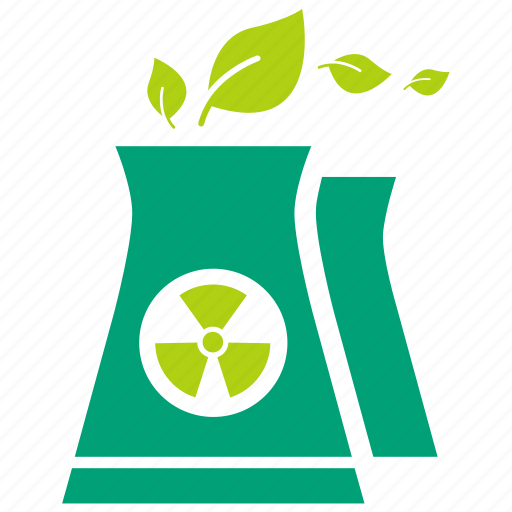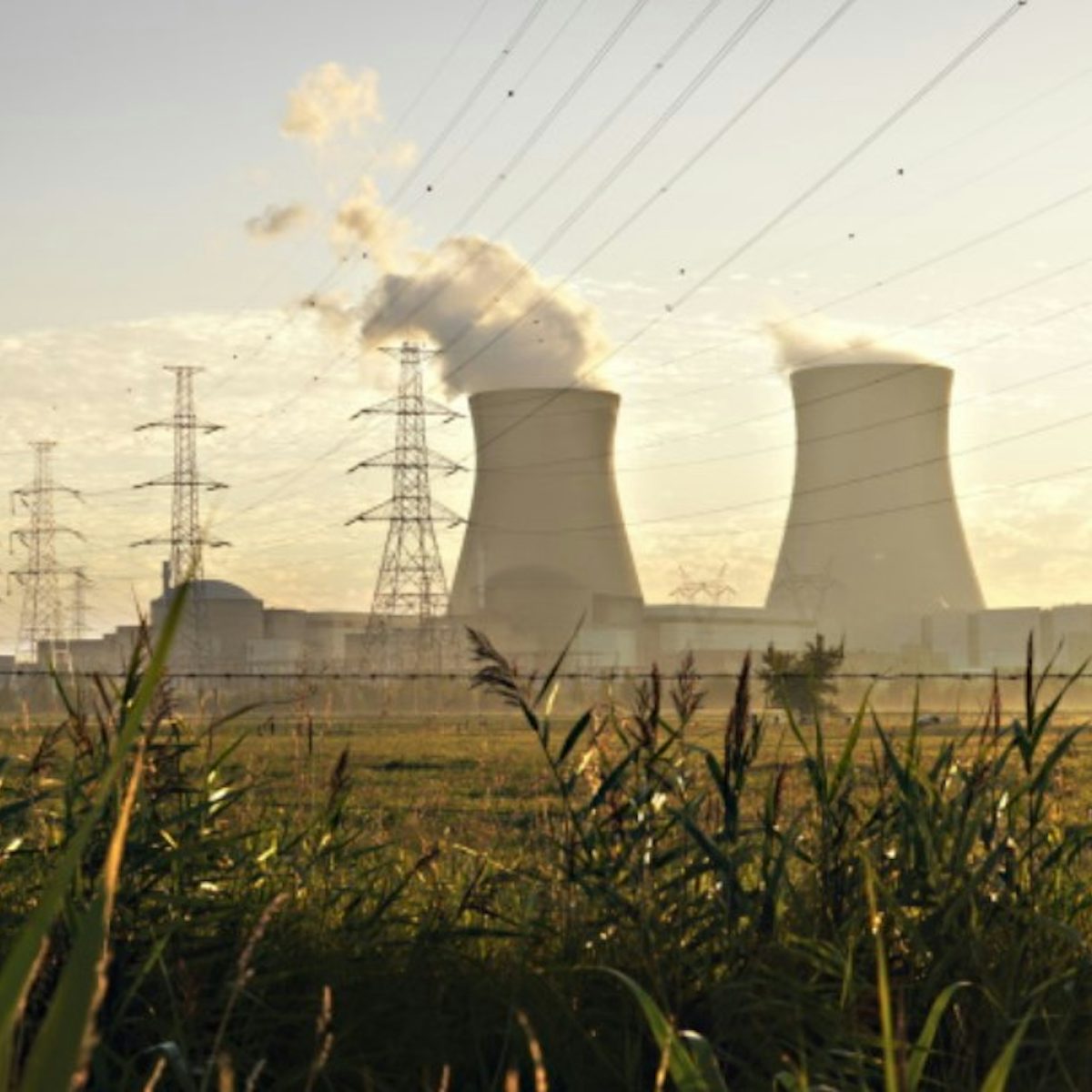Many want Doel-4 and Tihange-3 to operate for 20 more years.
Most Belgians are in favour of maintaining the operation of existing nuclear reactors for as long possible while also calling for the construction of new plants, in particular small modular reactors, a poll by the Brussels-based Belgian Nuclear Forum has shown.
At the end of 2023, the government and the nuclear power station operator Engie-Electrabel reached an agreement on operating extensions of 10 years for the country’s two newest reactors, Doel-4 and Tihange-3.
The poll, carried out for the forum by market research company AQ Rate, shows that 70% would prefer more reactors to be granted lifetime extensions – provided it can be done safely.
The poll also shows that 70% would prefer Doel-4 and Tihange-3 to get extensions of 20 years instead of the 10 years provided for in the current agreement.
The forum said a majority of voters from most political parties want Doel-4 and Tihange-3 to get extensions of 20 years. The exceptions are voters for the Green and Ecolo parties, where two out of three said they were opposed to further extensions. Ecolo is a French-speaking political party with green policies.
“This shows that Groen and Ecolo voters are isolated in their anti-nuclear stance when it comes to extending the life of existing nuclear reactors,” the forum said.
“But even at Groen and Ecolo, more than half of their voters are in favour of SMRs and want to modify or remove the law on the nuclear phaseout.”
The construction of new nuclear reactors in Belgium is prevented by a phaseout law dating from 2003, but the poll shows that only a small minority of 16% want to maintain the law as it stands.
The forum said 84% believe the law should no longer exist as it stands, 53% want to change the law to allow the construction of SMRs and 31% want to abolish the law completely, making any form of new nuclear reactor construction possible.
Belgium’s five nuclear plants are Doel-1, Doel-2, Doel-4, Tihange-1 and Tihange-3. In 2022 the nuclear fleet provided about 46% of the country’s electricity generation, although at the time two further plants were operational. Doel-3 was shut down in September 2022 and Tihange-2 in February 2023.


